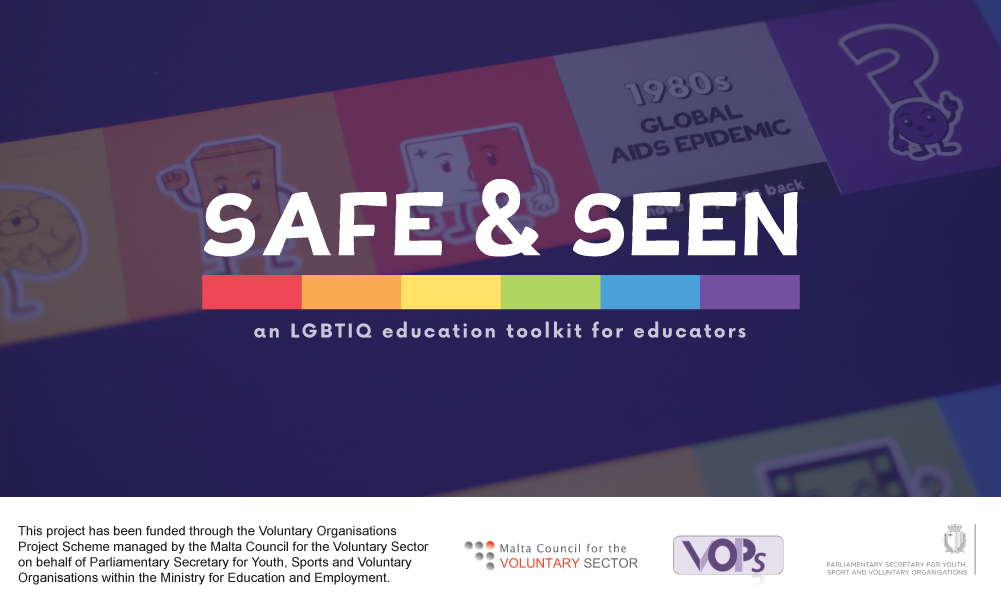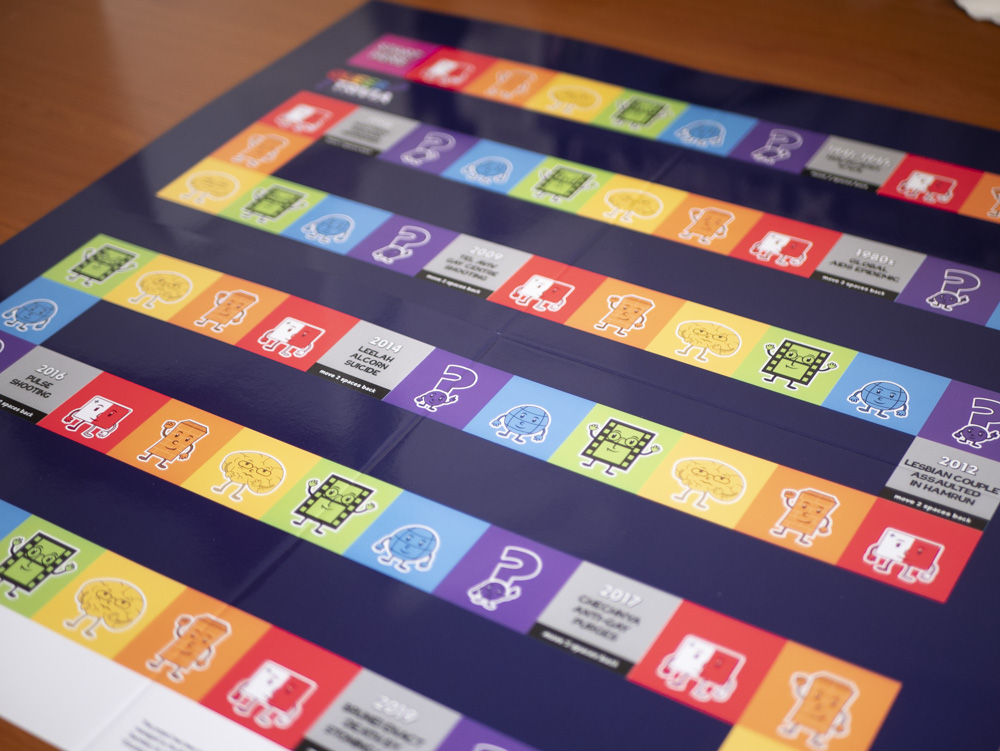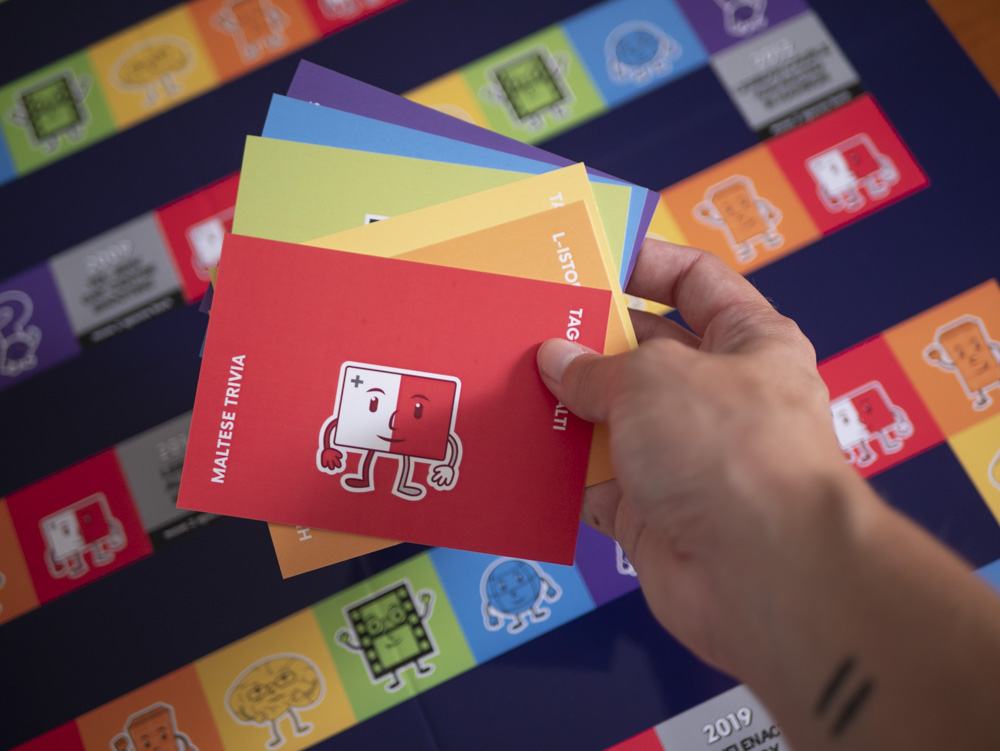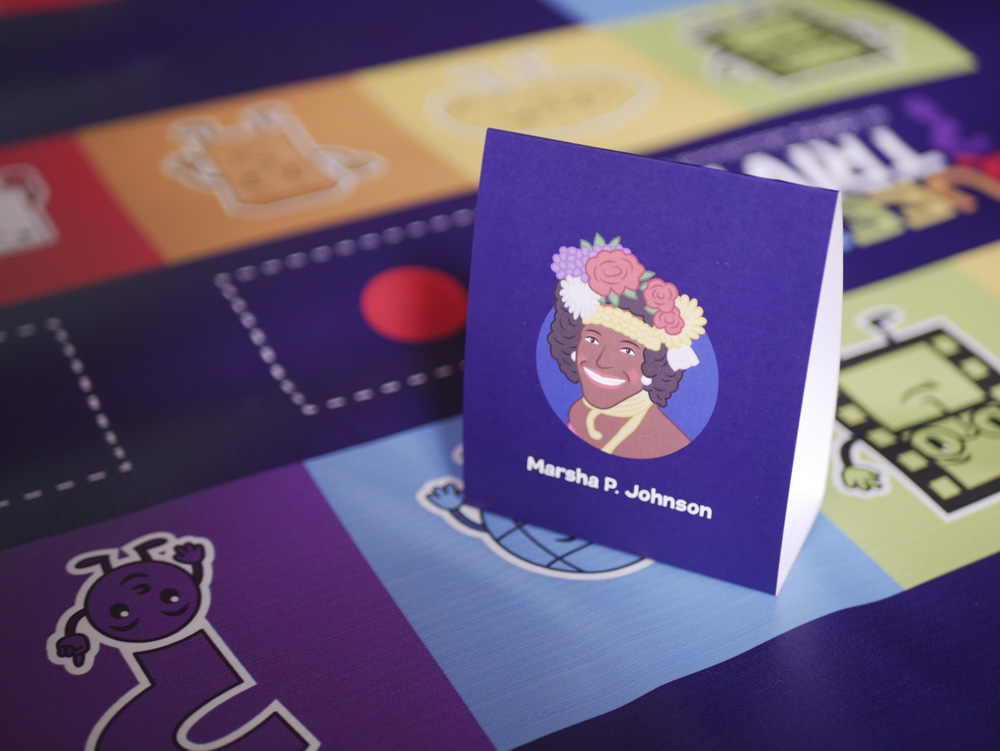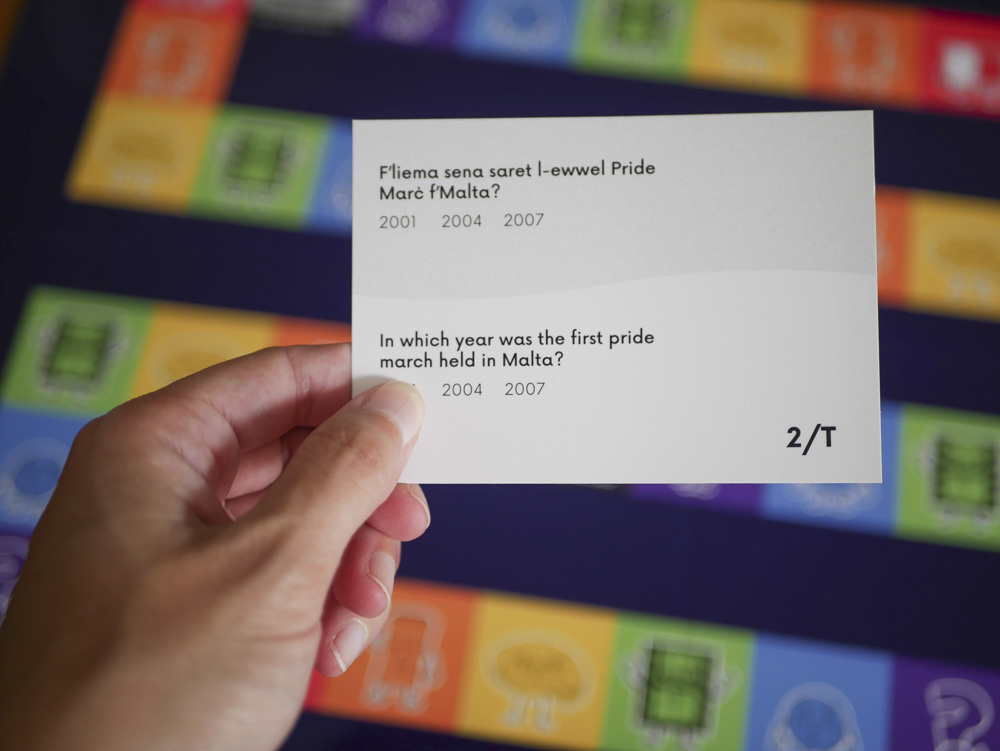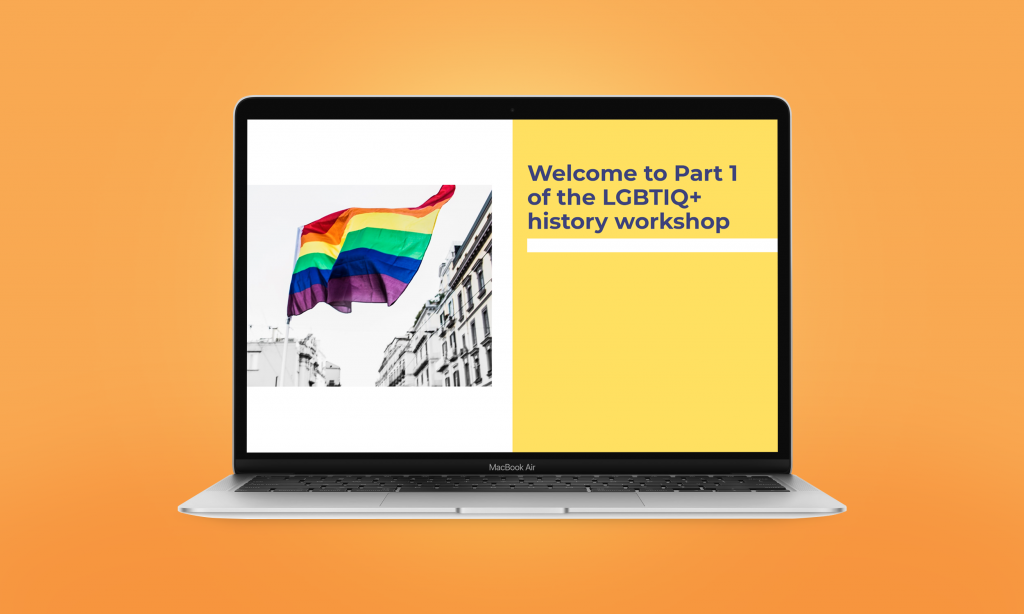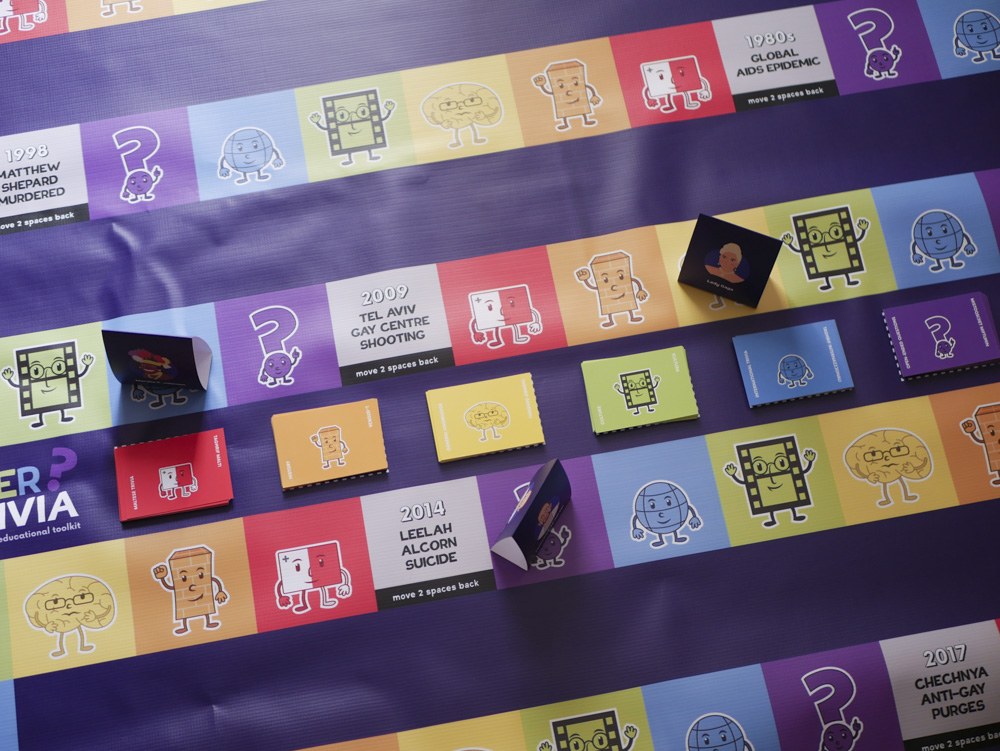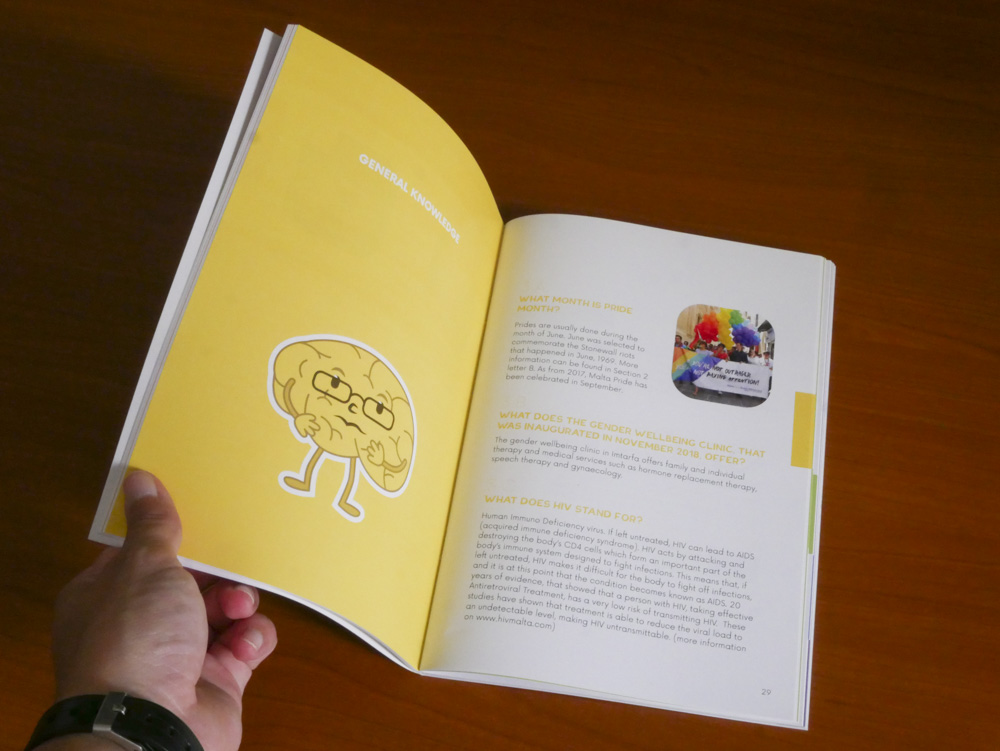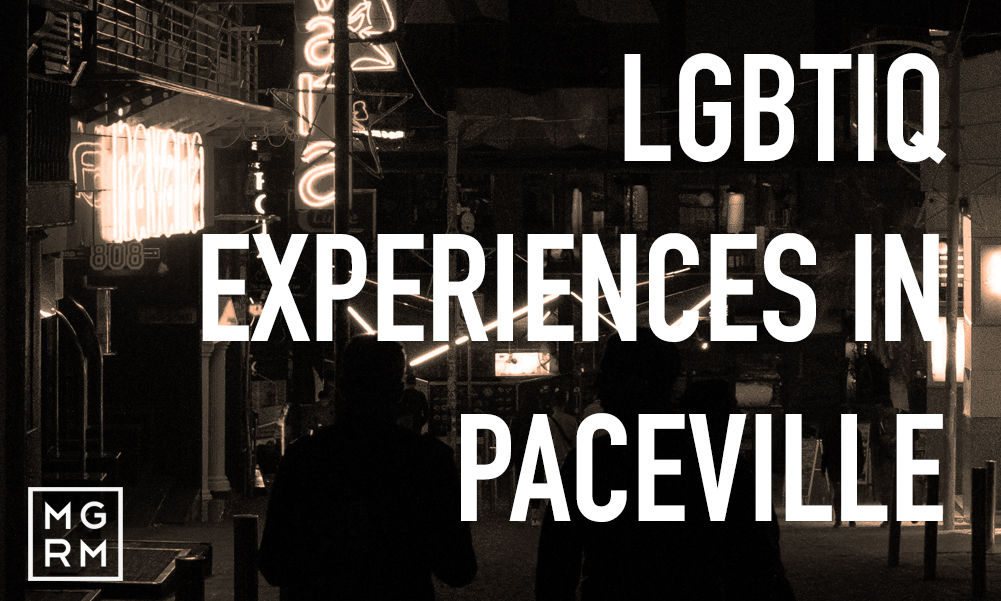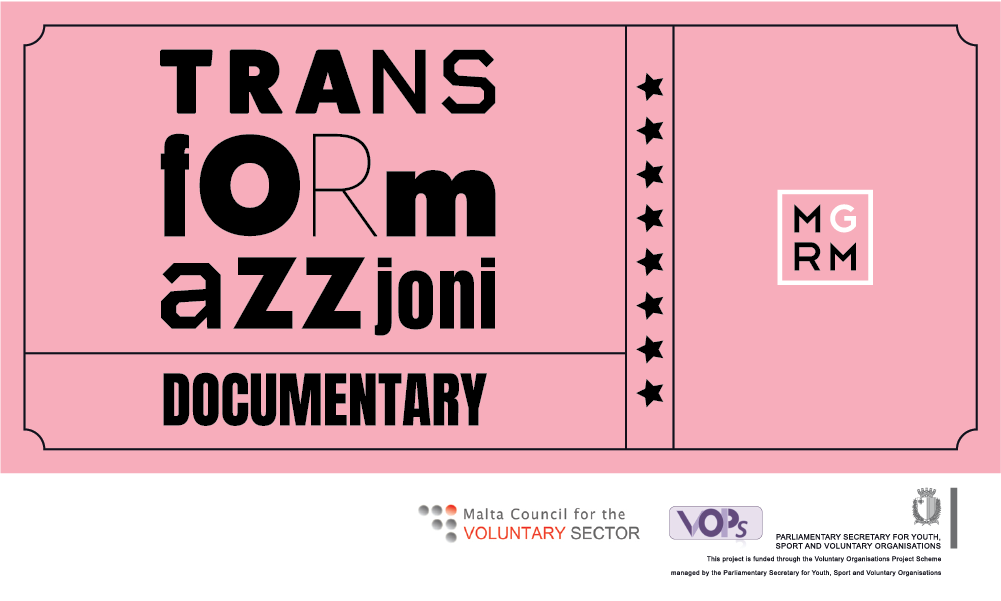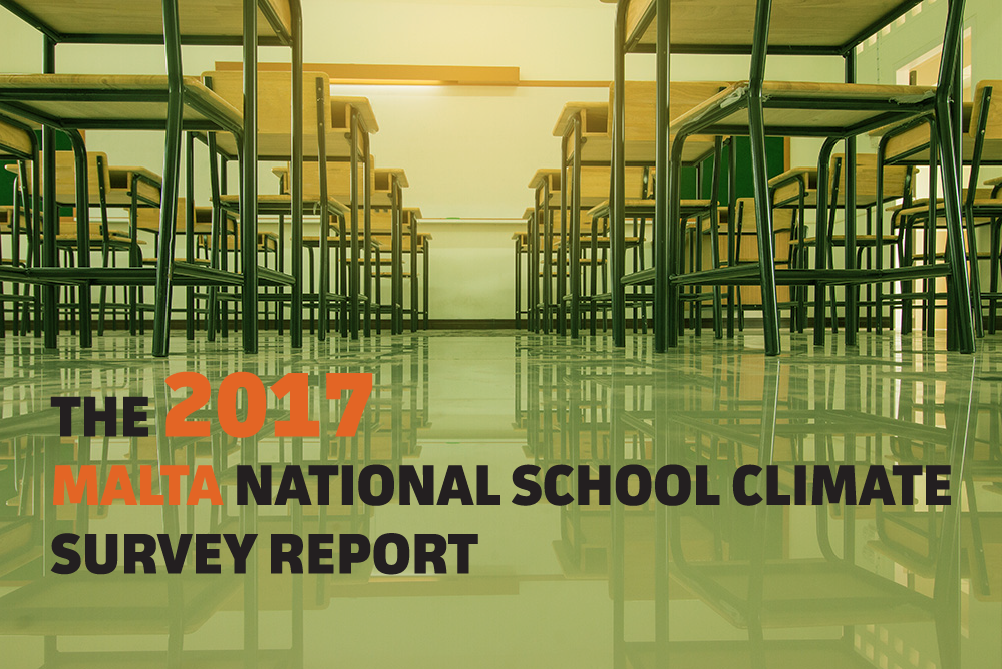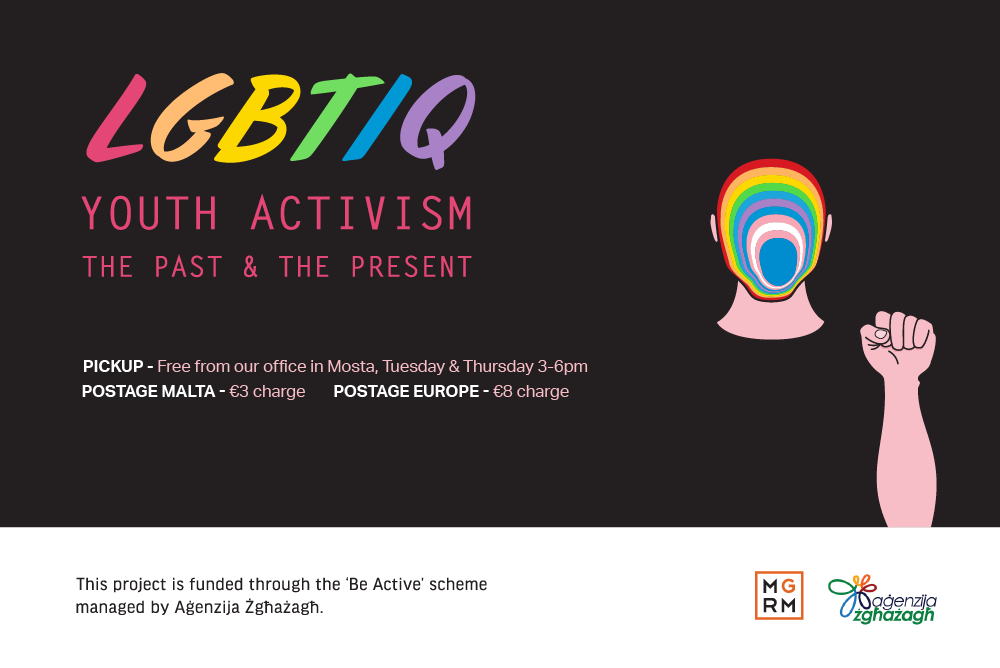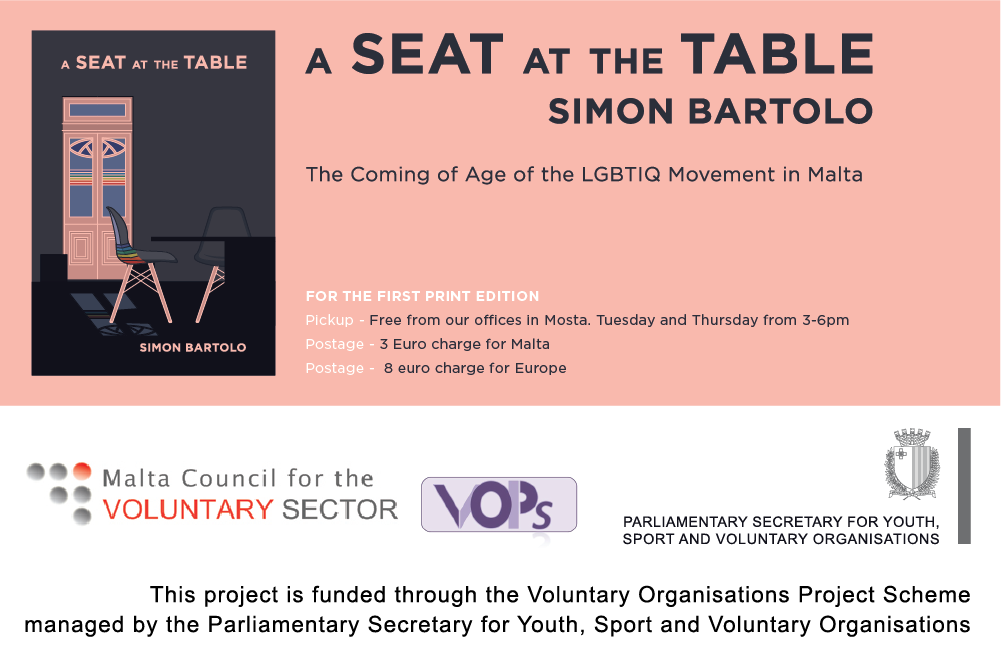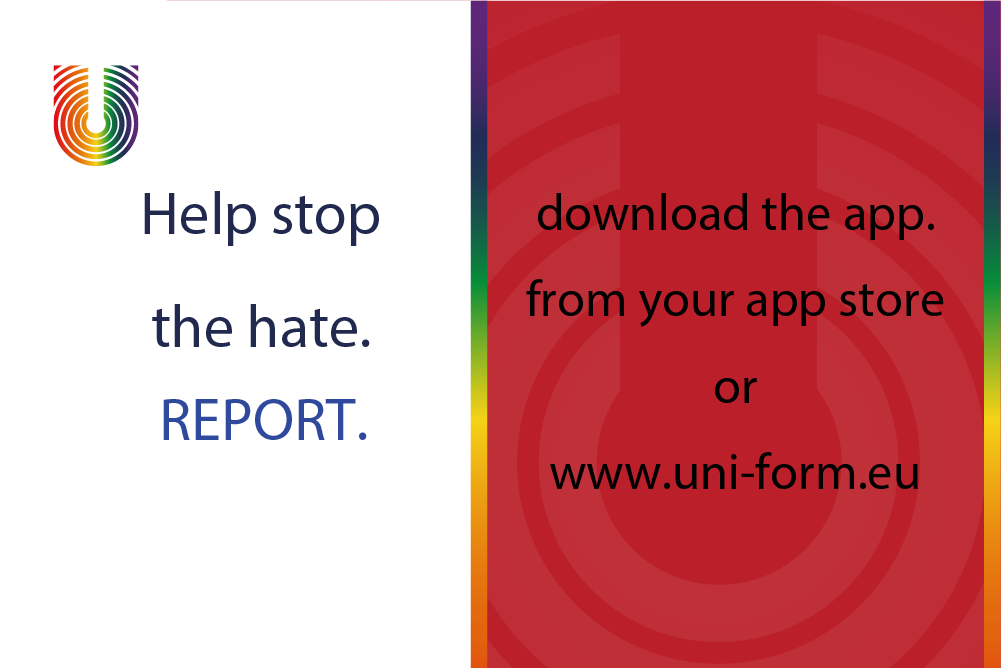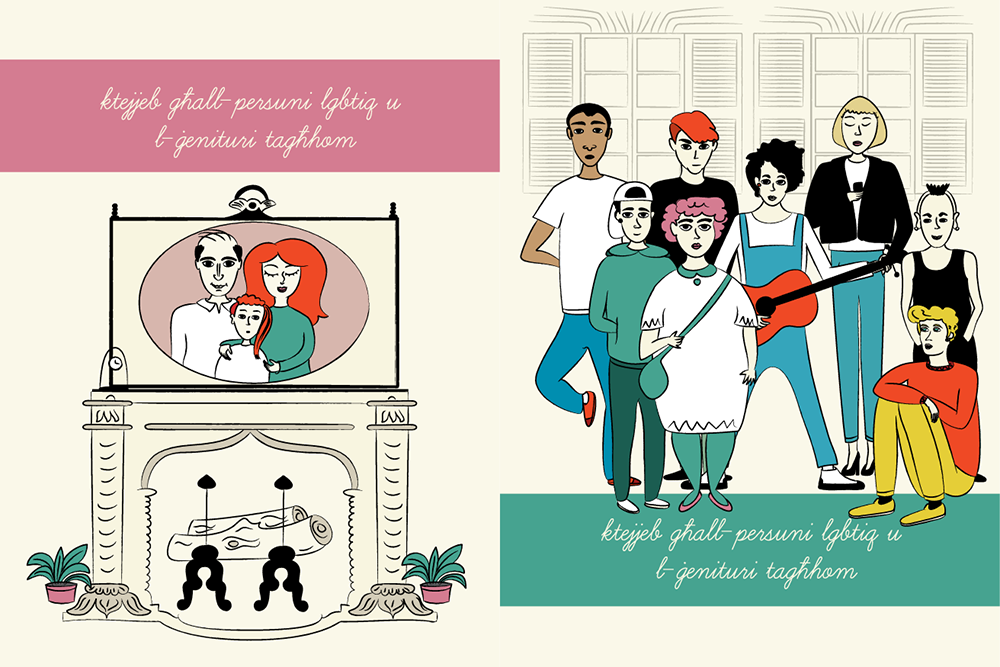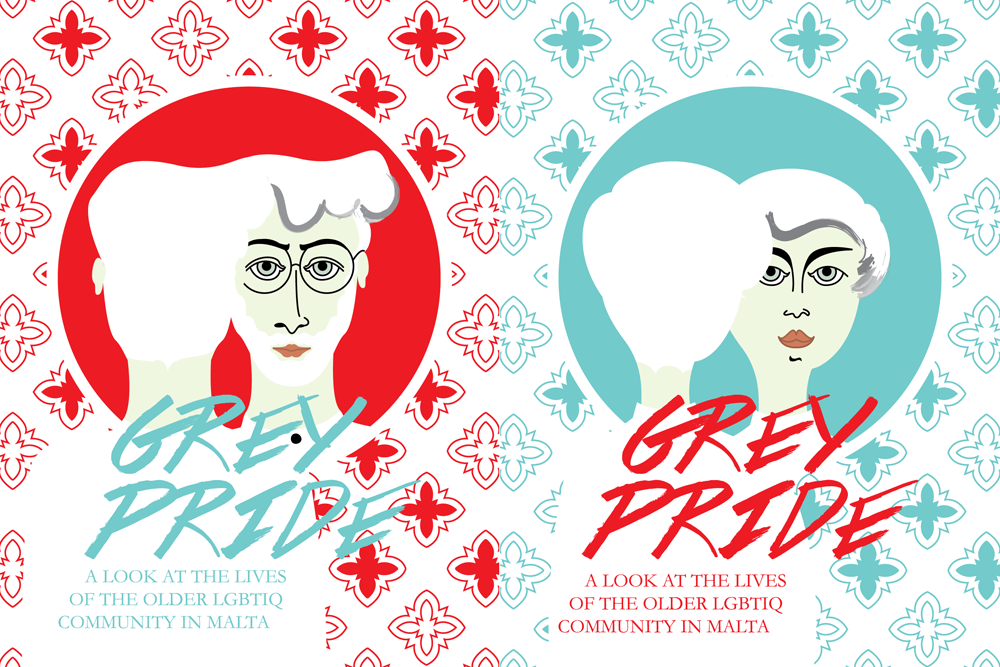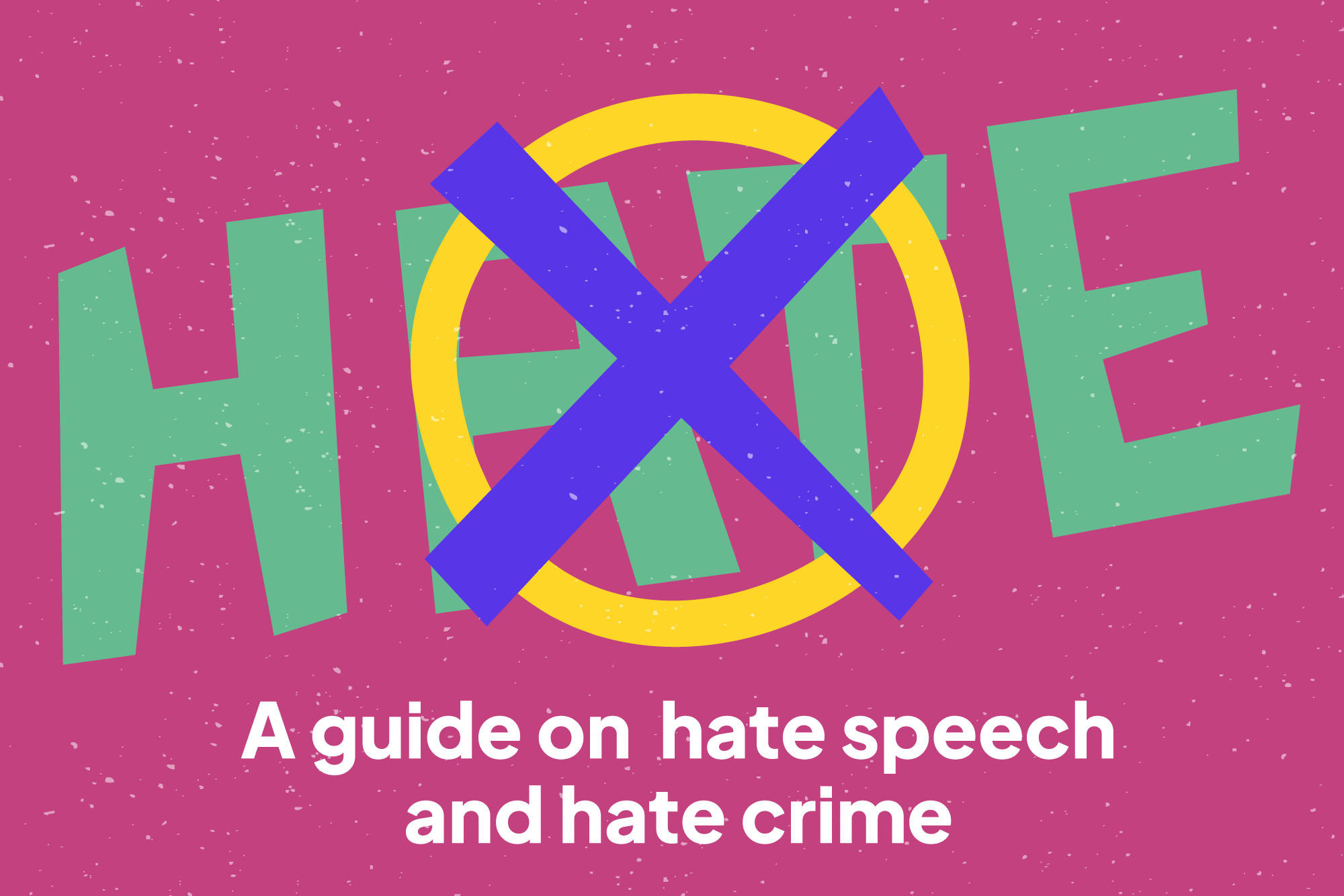
Don’t accept hate.
No one has the right to abuse you for who you are. Everyone has a right to be respected and to express themselves free from abuse.
Quick links
- Definitions
- Effects of hate speech
- Difference between hate speech and free speech
- How to deal with, and report hate speech
- What to do when hate speech is distressing you
What is hate speech?
Hate speech, also known as bias motivated speech, is written, printed or verbal speech that uses threatening, abusive or insulting language, with the intent to stir up violence or hatred with reference to a person or group based on gender, gender identity, sexual orientation, race, colour, language, ethnic origin, age, disability, religion, or belief or political or other opinion.
What is hate crime?
Hate crime is any criminal offence which is aggravated or motivated* by hostility, aversion or contempt based on a victim’s membership (or presumed membership)** of a group based on gender, gender identity, sexual orientation, race, colour, language, national or ethnic origin, age, disability, citizenship, religion or belief or political or other opinion. Hate crime is made up of a combination of the following acts such as verbal insults, violence and aggression and inciting.
* The offender demonstrates this hostility, aversion or contempt, at the time of committing the offence, immediately before or after the offence.
** Membership in relation to a group, includes association with members of that group. “Presumed” means presumed by the offender.
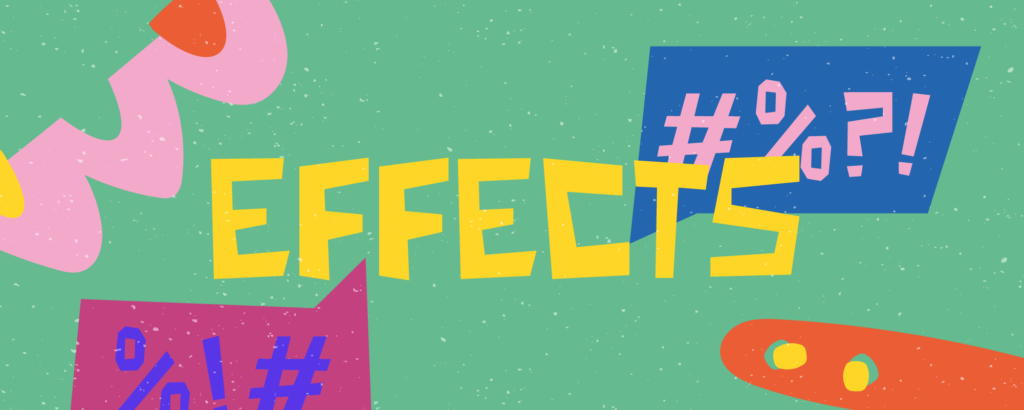
What are the effects of hate speech?
The effects of hate speech can be devastating to targeted individuals or groups, which affects society. Hate speech is directed not just to LGBT persons, but even people of colour, Muslims, persons with disability, the elderly and other groups. Hate speech is not an isolated phenomenon or limited to extreme groups; it can come from anyone. When hate speech is normalised and entering everyday discourse, it jeopardises peace, social cohesion, and democracy.
Online and verbal hate speech may affect individuals’ psychological well being directly or indirectly. The amount of damage is significantly larger when an individual is targeted, compared to witnessing it on others. Victims of hate speech are at risk of low self-esteem, depression, increased anxiety and feelings of fear and insecurity.
Hate speech has been shown to lead to and escalate bias motivated violence. Historically, hate speech against different groups has fuelled wars, violent extremism and even genocide.
Genocides do not start with bullets, but with hate speech.
The Holocaust did not start with the gas chambers and concentration camps, but with hate speech and discriminatory policies over a number of years before. Decades of hate speech worsened by ethnic tensions led to the 1994 genocide against the Tutsi in Rwanda. These are just two examples from many.
In the case of LGBTIQ persons, it has been observed that increased hate speech has led to an increase in hate crimes against LGBTIQ persons globally, even in countries where homosexuality is not criminalised.
In 2023, following trends in previous years, ILGA-Europe noted that there had been an increase in bias motivated speech in Europe, especially towards trans people. 2023 has seen a stark rise in violence against LGBT persons, and in the severity of violence. Anti-LGBT hate crime is on the rise in France, Germany, Ireland, Netherlands, Spain, and the UK amongst other European countries.
In August 2023, an ally of the LGBTIQ community who displayed a pride flag outside her shop was shot and killed by a man in Southern California after she had an argument with him when he tore the flag down and shouted homophobic slurs. This comes alongside an increase in threats and acts of violence towards LGBTIQ persons and allies, as well as a wave of anti-LGBTIQ legislation and policies in the US. Hate speech hurts everyone.

What is the difference between Hate Speech and Free Speech?
Freedom of expression (aka free speech) is recognised in Maltese, European and International human rights law. But in all instances, duties and responsibilities come with this right and limitations for hate speech exist in law to protect everyone in society.
“I’m just saying what I think!” or “I have a right to free speech!” are common responses when people who have written or said hateful comments are challenged about what they expressed.
“Addressing hate speech does not mean limiting or prohibiting freedom of speech. It means keeping hate speech from escalating into something more dangerous, particularly incitement to discrimination, hostility and violence, which is prohibited under international law.”
— United Nations Secretary-General António Guterres, May 2019
Speech that criticises or challenges ideas or the status quo (for example, criticising events, policy, government, teachings), even if it is offensive or unpopular, is protected – it is important so that we can learn about different ideas, think and discuss critically and challenge. That is fundamental to a democratic society. On the other hand, speech that threatens or encourages discrimination, abuse and violence against people should be addressed.
Internet-based platforms have become places where hateful content has become very common, be it words, videos, photos, memes or articles. It is important for everyone to consider what they are posting, whether it is to exchange and challenge perspectives, or target a group to encourage ‘othering’, violence or hatred. Not all hateful comments would be considered hate speech in the eyes of the law, but they are still hurtful and can be harmful. If you need support, reach out to the services in the next section.
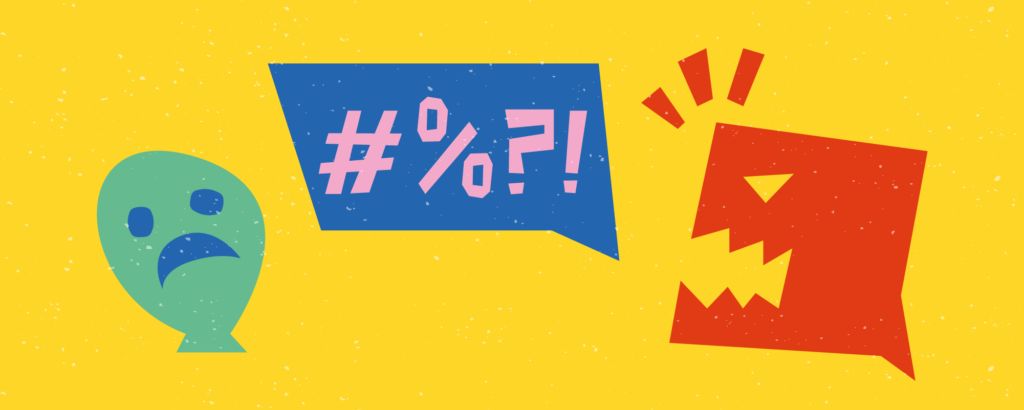
What should you do if you encounter hate speech or hate crime?
Before taking any action, it is important to ensure the wellbeing of the victim, be it yourself or another person. Seek support if you need it. You can reach out to the contacts below:
- MGRM
call +356 99255559 or +356 794300006 - Victim Support Agency
call 116 006 (7.30am – 7.30pm, including weekends and public holidays) - If in Gozo, you can call LGBTI+ Gozo’s counselling services on +356 9935 6622, Monday to Friday 9am to 5pm.
- Call 179 or 1579 for emotional support. (National Helplines)
We’re still working on guidelines for bystanders, but here are some existing resources from international organisations.
Bystander intervention training
Bystander Intervention (Please note support services contacts are UK only)
How to report
You can report the incident to the police at a police station or online here, or the Victim Support Agency. The Victim Support Agency has been established to act as the national contact point for victims of crime, including victims of hate crime. Victims of crime who need assistance are invited to call on 116 006 (freephone) which is available every day from 7.30am till 7.30pm, including weekends and public holidays. This national victim supportline is meant to provide information to Victims of Crime and facilitate access to victim support services.
When you report a case of online hate speech with the Victim Support Agency, you need to provide a screenshot of the post and comment, and the URL link of where the post/comment was originally published. If it is a video, use a safe online downloader or screen recorder to download the video. The screenshot/video should not be altered in any way. You also need to provide the URL link to the alleged offender’s Facebook (or other social media) profile, and a screenshot of said profile.
IMPORTANT! Collect the evidence as soon as possible. Offenders sometimes take down their posts/comments/videos within hours or days.
What happens after a report is filed?
Following the analysis of evidence followed by the lawyer, an official complaint (kwerela) will be issued should the report be found to be hate speech or hate crime and the official complaint will be handled by the Police, who will investigate from their end. Should the investigations result that a criminal act was committed, the alleged offender will be arraigned in court and the persons reporting or victims will be called to act as witnesses. If the offender is convicted of a hate crime, they will be imprisoned between six and eighteen months and a fine could be issued.

I’m encountering a lot of anti-LGBT hate speech online, and it is distressing. What should I do?
Self-care is important. Take a break from social media, go out and do things that sustain you like exercise, meditation, hobbies, hanging out with friends. If you need to talk to someone, you can reach out to our Rainbow Support Service. (support@maltagayrights.org and +356 79430006)
If you are not feeling emotionally well, are passing through a difficult time, or contemplating suicide and need immediate and free emotional support, and advice, you can seek help through the below services.
Online chats
- kellimni.com
Available 24/7. Run by SOS Malta. - OLLI chat
Available Monday to Friday between 8am and 8pm, and Saturday between 8am and 4pm. Run by Richmond Foundation.
or call
- Freephone 179.
Available 24/7.National Helpline. - Freephone 1579
Available 24/7. Run by the Ministry of Health. - Freephone 1770
Available Monday to Friday between 8am and 8pm, and Saturday between 8am and 4pm. Run by Richmond Foundation. - If in Gozo, you can call LGBTI+ Gozo’s counselling services on +356 9935 6622, Monday to Friday 9am to 5pm.
Legal information and support
aditus foundation
info@aditus.org.mt or call +356 7707 2221
This page has been written by MGRM with the support of the aditus foundation and information provided by the Victim Support Agency. While this page consists of information based on local legislation, MGRM is not a legal expert and the aim of the material available here is to make the information more accessible. For legal information and advice, please contact a lawyer. If you were a victim of a hate crime, reach out to any of the services provided above.
References
- https://legislation.mt//Pdf/web/viewer.html?file=https://legislation.mt/getpdf/64ca06b95ca4ed1a30715099#page=53
- https://legislation.mt//Pdf/web/viewer.html?file=https://legislation.mt/getpdf/64709e9d710d004dec495c2b#page=19
- https://racismnoway.com.au/about-racism/hate-speech/
- https://www.unesco.org/en/countering-hate-speech/need-know
- https://www.ohchr.org/en/special-procedures/sr-religion-or-belief/hate-speech-and-incitement-hatred-or-violence
- https://www.ilga-europe.org/report/annual-review-2023/
- https://hackinghate.eu/news/the-consequences-of-online-hate-speech-a-teenager-s-perspective/
- https://www.stophateuk.org/about-hate-crime/what-is-online-hate-crime/online-hate-and-free-speech/
- https://timesofmalta.com/articles/view/freedom-of-expression-and-racial-hatred.117705
- https://classic.iclrs.org/content/blurb/files/paper%20Francisca%20PM.pdf

